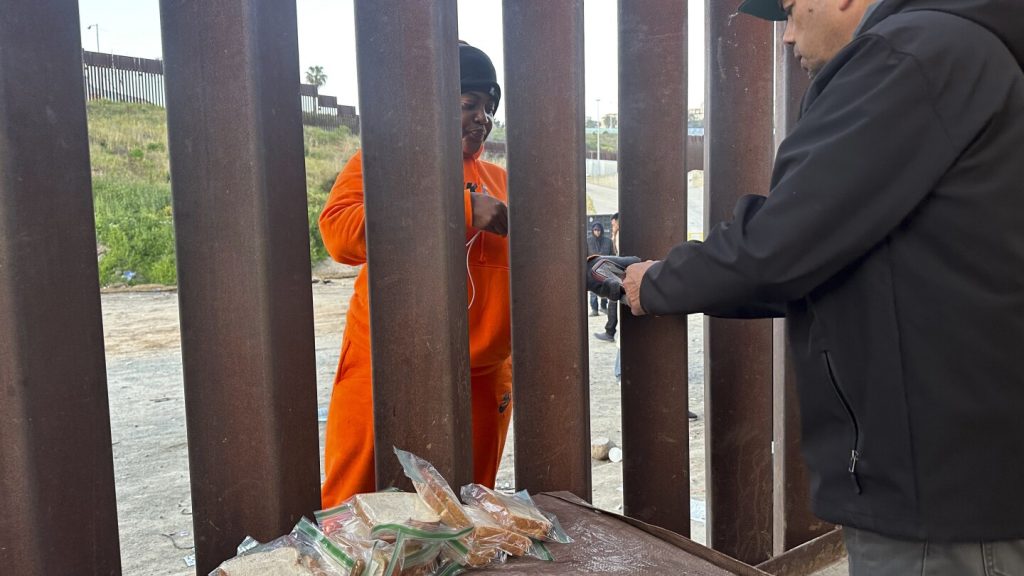A federal judge in San Diego questioned the Biden administration’s stance on sheltering and feeding migrant children at makeshift camps along the U.S-Mexico border. The Border Patrol does not dispute the poor conditions at these camps, but the main issue is whether the children are in legal custody, which would trigger a 72-hour limit on detention and necessitate emergency services and safety guarantees. Advocates are pushing for enforcement of a 1997 settlement that outlines conditions for holding migrant children, including access to basic amenities like toilets and temperature controls.
Children traveling alone are supposed to be transferred to the U.S. Health and Human Services Department within 72 hours, where they are usually released to family members while their asylum cases are processed. The legal challenge focuses on camps in California, where migrants sometimes wait for days to be arrested and processed by overwhelmed Border Patrol agents. Advocates claim Border Patrol agents often direct migrants to these camps, while the Justice Department argues that smugglers are responsible for sending migrants there. The Border Patrol has increased its resources in the San Diego area to expedite processing of migrants at the camps.
In a recent incident in San Diego, migrants from countries like China, India, Afghanistan, and Azerbaijan, including women and children, waited between border walls until agents arrived to search them before taking them to a holding station. Volunteers like Pedro Rios provide food, drinks, and medical supplies to migrants at the camps. One migrant, Kedian William from Jamaica, had left her daughter behind due to financial constraints and health concerns, aiming to seek asylum and settle with family in New York. She had fled her home country after the tragic death of her family members and endured a difficult journey before reaching the U.S.-Mexico border.
The response from authorities and advocates highlights the complex and fraught situation at the border camps, where migrants face uncertainty and harsh conditions while awaiting processing. The debate over legal custody and the responsibilities of the Biden administration in providing care and shelter to these children continues to be a point of contention. As the situation at the border remains precarious and the number of migrants seeking asylum continues to rise, the need for a comprehensive and humane approach to managing the influx of migrants becomes increasingly urgent. The outcome of the legal challenge and ongoing efforts to improve conditions at these camps will have significant implications for the treatment of migrant children and families at the U.S.-Mexico border.















